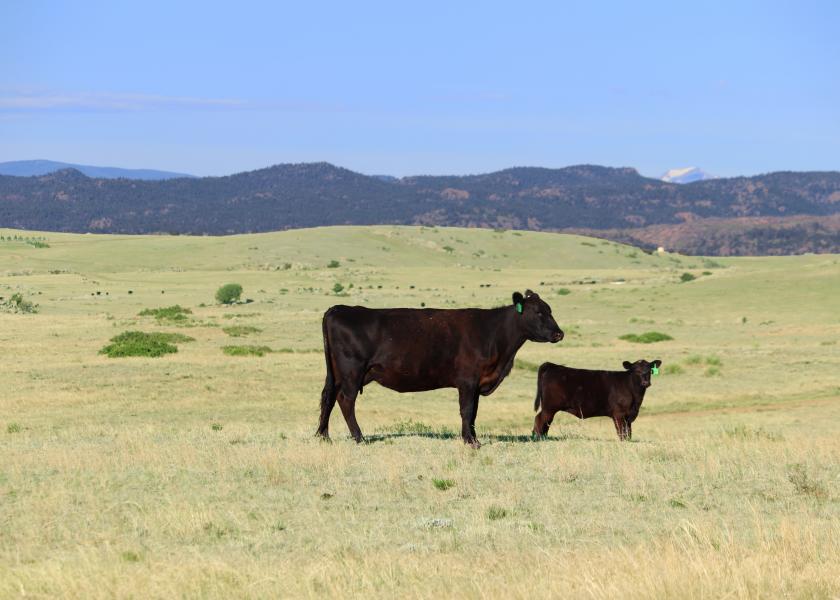Rejuvra™ Herbicide Receives EPA Approval

The Vegetation Management business within Bayer CropScience LP, announces that Rejuvra™ herbicide was approved by the U.S. Environmental Protection Agency (EPA). The herbicide is federally registered for controlling invasive weed species on rangeland, CRP land and natural areas, including grazed areas on these sites.
Rejuvra is a pre-emergent herbicide and restoration tool that is showing consistent multi-year control of invasive annual grasses like cheatgrass-downy brome, medusahead and ventenata. With just one application, Rejuvra stops the need for yearly applications that only combat the symptom, not the problem of controlling the weed seed bank.
By controlling invasive annual grasses, remnant desirable perennial grasses and forbs can recolonize. Forage quantity and quality is improved and wildfire risk is reduced. Trial work across the western United States showed that areas treated with Rejuvra demonstrated a two-to-three-fold increase in perennial grass biomass, compared to untreated areas. A single pre-emergent application of Rejuvra provides consistent multi-year control of invasive annual grasses, reducing costs associated with time and labor.
“We are excited that Rejuvra herbicide has received federal approval from the EPA,” said Bayer Head of Vegetation Management Marketing, North America, Tiffany Fremder. “We are thrilled to provide ranchers and rangeland managers with an economical solution for multi-year invasive annual grass control that results in weed seed bank depletion and increased perennial grass and forb forage production.”
Documented benefits of using Rejuvra herbicide include:
- Consistent, long-term weed control: Multi-year control of invasive annual grasses with seed bank depletion.
- Releases and restores perennial native vegetation: Perennial plants respond quickly to the additional water and nutrients that become available when invasive annual grasses are controlled, resulting in increased perennial biomass and forage production, and restored native plant communities.
- Improved wildlife habitat: Removes invasive winter annuals, resulting in recolonization of grass, forbs and shrubs beneficial to pollinators, birds, and other wildlife.
- Reduced wildfire risk: Decreases fine-fuels associated with wildfires.
- Economical solution: Fewer applications are needed to control weeds, saving time and labor. Multi-year weed control with a single application can provide a greater return on investment (ROI).
- No grazing restrictions: For application rates of five ounces per acre.
On Tuesday, June 30, 2020, Bayer will host a panel of regional experts for a live online discussion about how Rejuvra helps restore desirable rangeland vegetation. The live discussion will take place from 8 a.m. to 10:30 a.m. Mountain time. To join the webinar and learn more about Rejuvra, visit: www.rejuvra.com.
This product is not offered yet for sale. First sales of Rejuvra herbicide are anticipated in July 2020 following state registrations.







